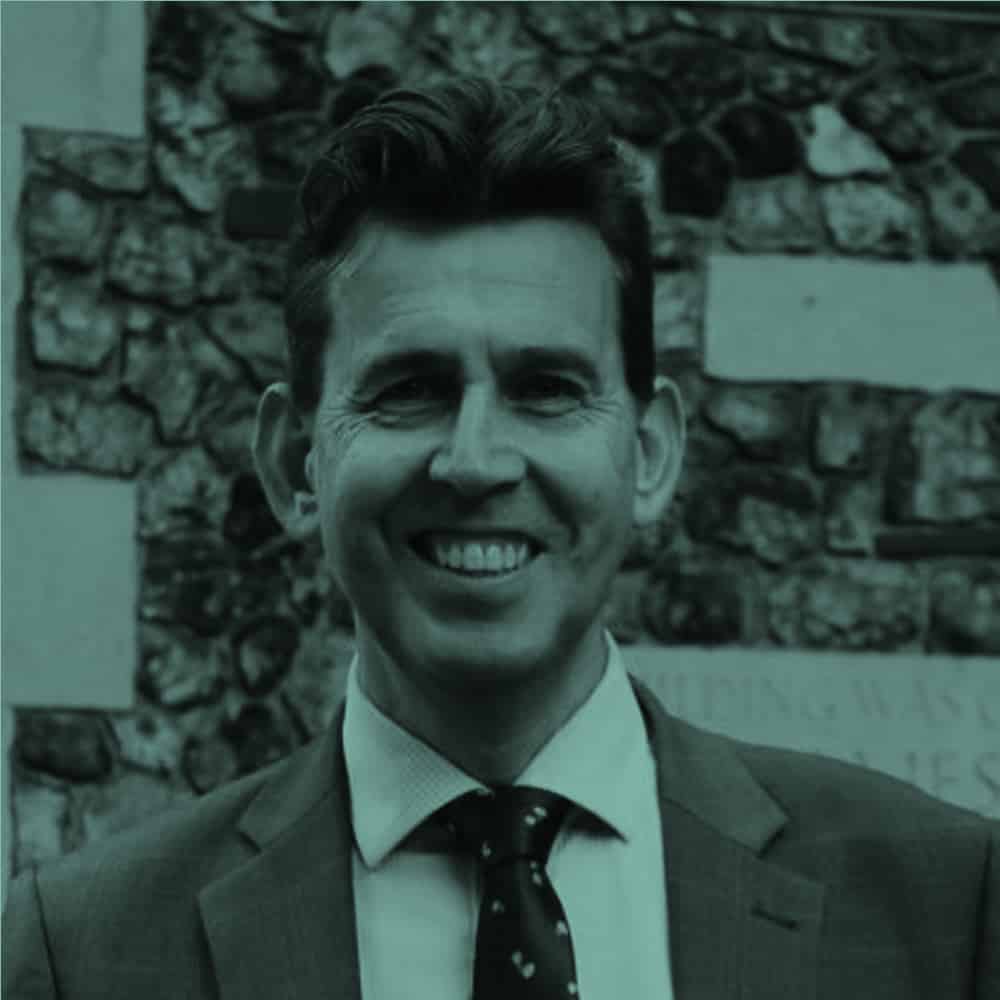The FED are working across sectors and in partnership with all those concerned with the future of education in this country to support the development of a long term vision and plan for education.
We are delighted to share the blog by Revd Canon Nigel Genders, Chief Education Officer for the Church of England and FED Council Member.
In this blog Nigel reflect on the challenges posed by the COVID-pandemic and the current debate around schools reopening. Nigel reflects on how in ‘a world where the tendency for simplistic or binary arguments has increased’ that there must be a better approach and consider ‘what is in the best interest of children, staff and communities we serve’. This blog is a helpful reminder about working collaboratively and to actively listen whilst we look to build a better future.
What is really in the best interest of the children, staff, and communities we serve?
Much of the current debate about the wider opening of schools and getting back to face-to-face learning seems to divide along the usual political fault lines. It is no surprise in a world where the tendency for simplistic binary arguments has increased through social media, to see people putting the blame either on “incompetent politicians” or “radical school staff” according to their particular bias. But there must be a better approach where we can take a step back and consider what is really in the best interest of the children, staff, and communities we serve.
The Church of England provides a quarter of England’s primary schools and more than 200 secondary schools, so I know first-hand, from school leaders the length and breadth of the country, how tirelessly schools work for the good of the nation’s children and how committed they are to continuing that work in the years ahead.
Over the last four years since we published the Church of England vision for education, I have been constantly reminded of the need to root ourselves in that vision, especially in the most difficult of situations. Making sure children and young people flourish must be at the centre of our work and bringing the whole educational system together for that purpose seems vital.
However, making decisions at a local level, when there is so much seemingly conflicting advice and argument, is difficult. We need to move away from disagreements and conflict, to a deeper mutual understanding and to peaceful, negotiated settlements that can live with ongoing tension.
Schools face seemingly impossible decisions with each twist and turn of the pandemic, so it is high time to take the politics out of those choices. Our hope through the work of the FED is that politicians, professional associations, school leaders, governors and business can come together to enable wise decisions about education for the future because what we do in our schools impacts on real children and their families, our staff and the whole community.
The Church of England vision is formed around the core strand of wisdom, a word we don’t often hear in the educational discourse. Through the work of the FED we aim to bring people together to know and grow in wisdom as they wrestle with deeply complex problems where no easy solutions are available, so that we can listen to one another and find ways through seemingly intractable problems, always putting the interests of our children and young people at the centre that they might know life in all its fullness.
Revd Canon Nigel Genders – Chief Education Officer for the Church of England



